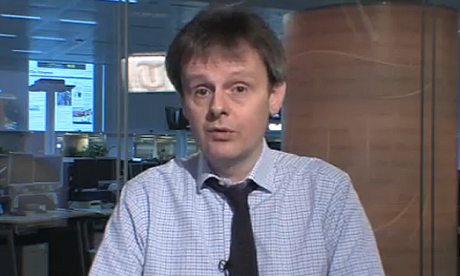If you want to understand how Pope Francis is planning to change the Catholic church, then don’t waste time searching for clues in the charming, self-effacing press conference he gave on the plane back from South Korea on Monday.
It’s easy to be misled by the Pope’s shoulder-shrugging interviews and impromptu phone calls.
On his return flight from Rio last year, he said, ‘If a gay person seeks God, who am I to judge?’
What did that mean?
Then there was that mysterious telephone conversation with an Argentinian woman apparently telling her it was OK to receive communion despite her irregular marriage.
The media has concluded that Francis wants the church to change its stance on divorcees and same-sex couples.
But the media are wrong.
Neither of these subjects is high on Francis’s agenda — and, even if they were, he wouldn’t alter Catholic teaching on sexuality.
The first non-European Pope was elected to do one thing: reform the Roman Curia, the pitifully disorganised, corrupt and lazy central machinery of the church.
He is determined to pull it off — but he’s 77 and has part of a lung missing.
When he looks at his watch during long Masses in St Peter’s, it’s not just because elaborate services bore him.
He knows he may not have much time.
‘Two or three years and then off to the house of the Father,’ he said this week.
Was he serious? You can never tell.
Jorge Bergoglio has little in common with Joseph Ratzinger apart from an intense, orthodox Catholic faith and a love of classical music.
Like many Jesuits, Francis isn’t interested in liturgy.
This is actually good news for traditionalists, because it means he won’t clamp down on the Latin Mass (with one baffling exception: the Franciscan Friars of the Immaculate, a new order whose use of the Old Missal has been brutally restricted).
But there is one big difference.
To quote a senior bishop: ‘Benedict allowed the Roman Curia, and specifically the Italians in it, to kill his pontificate.
Francis will not permit that to happen.’ He will strike first. Continue reading
Source
- Damian Thompson in The Spectator
Damian Thompson is an associate editor of The Spectator.
Additional reading
News category: Analysis and Comment.




